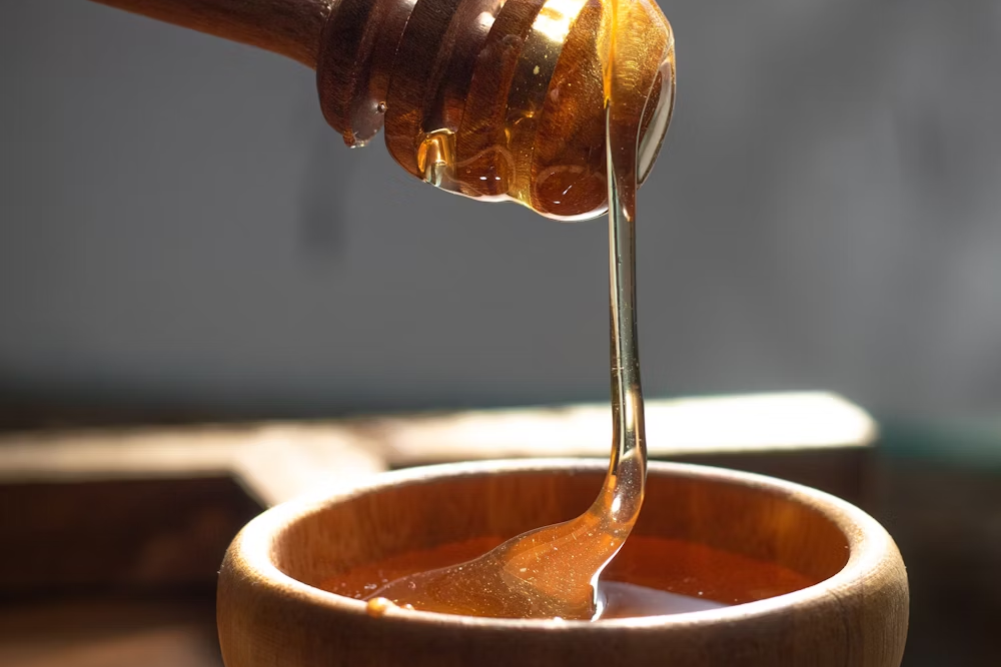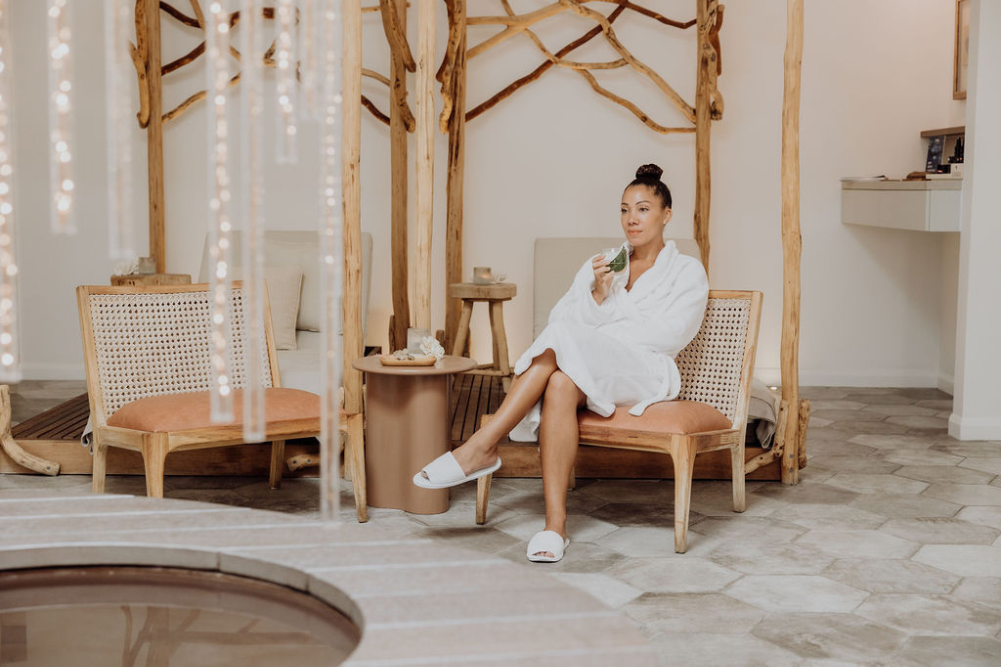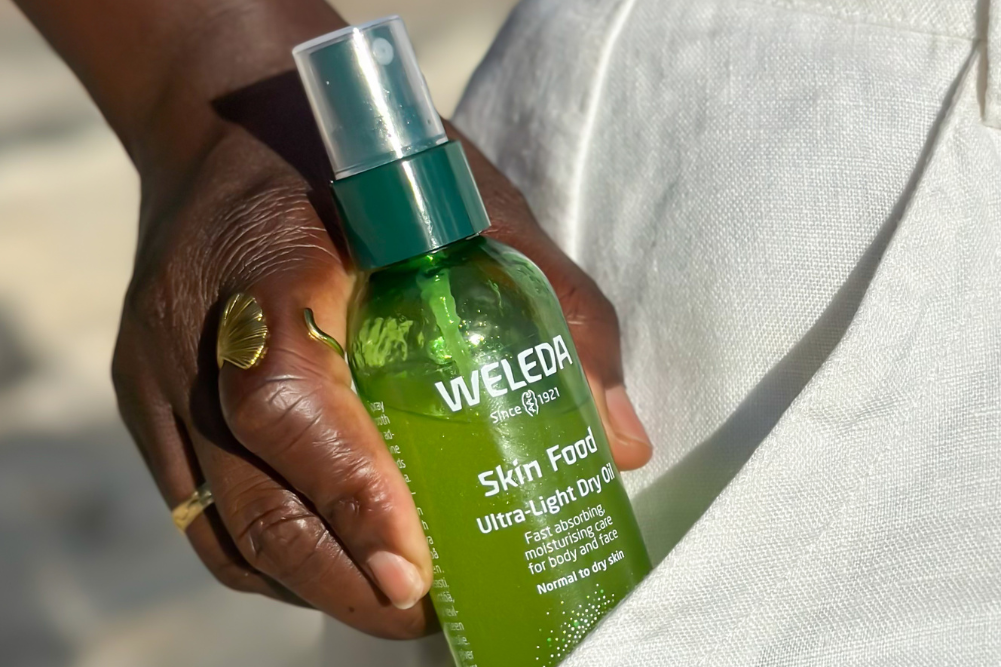Getting rid of acne
You must have experienced this at some point: you look in the mirror to be confronted by a pimple that was not there last time you looked. If pimples show up only occasionally on you, this discovery may be little more than a simple annoyance. If you suffer from acne long term, though, it’s not difficult to find your self-esteem plummeting as your hopelessness escalates with the arrival of each new pimple.
Acne treatment would be very easy if it was only a matter of washing the skin every day, as the advertising teams selling skin creams would have you believe. Although proper hygiene on the surface of the skin is important, thorough acne treatment is almost always an inside job. With a little detective work, positive inroads can be made towards eliminating embarrassing acne for good. This can be successfully achieved with a naturopathic and self-help approach.
Eruption
Pimples or acne are the end result of hair follicles becoming blocked with oil and dead skin cells. Follicles are connected to sebaceous glands that secrete the oily substance, sebum, which lubricates your hair and skin. In normal skin, sebum travels up along the hair shaft and out through the opening of the follicle onto the skin. Acne occurs when there is an excess of sebum and irregular shedding of dead skin cells.
The combination of the sebum and skin cells builds up in the follicle. Bacteria accumulate and form a plug. The follicle wall will bulge and produce a whitehead. If the plug is open to the surface, it may darken and cause a blackhead. A cyst is a blockage and inflammation deep inside the hair follicle.
Acne usually appears on the areas of skin that house the largest number of oil glands: the face, neck, chest, back and shoulders. Although there may be a small amount of localised tenderness, acne does not cause physical pain. While bad skin doesn’t cause physical discomfort, it’s the pounding to the ego that does the most damage.
Acne origins
There are several possible answers to the question of what causes acne and the answer will vary for each individual. The excess of sebum production can be a result of:
- Increased levels of androgens (male hormones). Raised androgens are a normal process during puberty. Although this is a normal process, there will be differences in how some individuals’ systems respond to the androgens.
Sometimes, androgens can increase in strength in the hair follicle, causing an increase in sebum production.
- A bacterial infection on the surface of the skin, resulting in inflammation.
Skin cells can thicken around pores, contributing to a blockage.
Who suffers?
When it’s a result of hormonal imbalance, it’s common for the following groups of people to experience acne:
- Both males and females going through puberty
- Premenstrual women
- Pregnant women
People on certain medications such as cortisone and some oral contraceptives
Other factors that can give rise to acne are:
- Reactions to certain cosmetics
- Skin contact with an oily substance
- Skin irritation in sensitive people, for example by hats or clothing
- Poor hygiene
- Family history
- Stress, which can aggravate acne by disrupting hormone balance and impairing digestion. If the digestion is compromised, essential nutrients for healthy skin may not be absorbed.
- Food. Even though it has been shown that acne is not directly caused by certain foods, some people claim fatty or sugary foods can trigger an outbreak.
Treating acne
Orthodox medical treatment of acne usually includes the use of topical creams containing antibiotics or glycolic acid (fruit acids). Internal treatments can be antibiotics or oral contraceptives. Antibiotics address bacterial infections and the pill reduces the level of androgen in the body. Some oral contraceptives can aggravate acne, as can corticosteroids.
In naturopathy, the belief is that no two people the same. The causes and triggers of acne vary and your naturopath will explore all possible reasons for your acne and treat it accordingly. Various modalities, such as nutritional medicine, herbal medicine and homoeopathy may be employed. The condition of your entire body is taken into account. This means a complete investigation of your symptoms and consideration of your diet and lifestyle, as well as determining how your other channels of elimination are functioning.
Besides the skin, your body’s organs of elimination are the kidneys, lungs, lymphatics and bowel. When one channel of elimination is compromised, one or more of the others must work harder. This places a strain on the other channels, predisposing you to further problems.
The bowel
One example of this is where a person’s diet is very poor with a lot of fatty and sweet foods and very few fresh vegetables. This dietary imbalance places strain on the bowel. If the bowel is unable to perform its eliminative functions properly, it’s possible that other elimination channels may become overworked. The skin may be just one area that shows the strain. With time, the skin can become overburdened and poor skin condition can result.
Lymphatics
The lymphatic system plays a major role in elimination and immune function. Lymphatic fluid is transported in vessels much like the veins and arteries of the cardiovascular system. Where the veins and arteries rely on the heart for circulation, lymphatic fluid does not have a pump to move it through the body. The only way lymph can be transported is through physical activity. The physically inactive person who presents with acne will need to have their lymphatic system supported and be given suggestions about how to start an exercise program.
Acne self-help
Ideally, you would employ the expertise of a health professional to properly diagnose and treat you. However, there are several simple ways in which acne can be addressed at home.
Cleansing
Ensure proper skin hygiene by washing with a mild natural cleanser that doesn’t leave you feeling dry or cause any redness. Exfoliation preparations are useful, but if used more than once a week they can strip away important oils that help lubricate and protect skin. Avoid cleansers that contain alcohol as it dries out the skin too much. Witch-hazel is a great natural astringent. It’s available in health stores and can be used as a toner after cleansing to help dry out pimples.
Tea-tree oil
Tea-tree oil also helps to dry out pimples and acts as an anti-bacterial agent. Tea-tree oil can be used on pimples, but it should always be diluted first to 15 per cent tea-tree to 85 per cent water. Always do a spot test on the skin to check for any possible irritation. Apply directly to pimples with a cotton bud once you are satisfied the oil will not cause a negative reaction on your skin.
Skin brushing
Dry skin brushing with a loofah or shower gloves before showering is a brilliant way to stimulate skin regeneration. Avoid scrubbing areas affected by painful pimples, but really go to town on the rest of your body. This removes dead skin cells and brings the both the blood and lymphatic circulation to the skin where it can deliver nutrients and remove toxins.
Diet
You don’t necessarily need a professional to tell you how to eat properly. A healthy diet is largely about common sense. Sticking to fresh fruit and vegetables, meat, eggs, fish and grains that have not been changed from their natural state is the best choice you can make. Look carefully at labels to check where sugar and fat may be hidden and avoid packaged foods with a lot of additives.
Stress
If stress seems to play a role in your acne, it’ important to assess the areas of your life where you may be able to make some positive changes to reduce your stress levels. Investigate meditation or counselling to help you better manage your stress. Do your best to make sure you have time to do some things you enjoy and take time for yourself.
Elimination
Encouraging your other organs of elimination to operate at their best will take the load off your skin.
- Ensure you are well hydrated to promote healthy kidney and bowel function. Aim for at least eight glasses of water a day.
- Strengthen your lungs through regular exercise and by not smoking.
- Make an effort to increase the fibre in your diet by eating fresh fruit and vegetables every day to support your bowel function.
- Regular, moderate exercise will facilitate your lymphatic circulation. A gentle walk, swim, bike ride or even housework and gardening is all it takes.
A complete treatment
Nutritional medicine
Even though research shows particular foods do not cause acne, a poor diet will certainly not help in getting rid of it. The anti-acne diet should be as “clean” as possible. This means, the fewer processed foods, the healthier the diet. The emphasis should always be on making sure you get a variety of fresh vegetables every day, as well as good-quality proteins such as meat, fish and wholegrains. Specific nutrients for treating acne are:
- Zinc: a key nutrient for the skin. Zinc is an antioxidant and plays an important role in cell regeneration and immune function. Zinc normalises levels of androgens and oestrogens and heals skin tissue. Besides acne, zinc deficiency is implicated in premenstrual syndrome and male reproductive disorders such as low sperm count and low sex drive. Dietary sources of zinc include lean red meat, eggs, oysters, cheese and pumpkin seeds.
- Vitamin C: essential in healing the skin as well as being anti-inflammatory and a potent antioxidant. Vitamin C activates the body’s immune response and stimulates detoxification. Excellent dietary sources are red capsicum, chilli, acerola cherries, blackcurrants, broccoli and guava. Green leafy vegetables, citrus fruits, cauliflower and strawberries are also good sources of vitamin C.
- Vitamin B6: involved in pathways for the correct function of certain hormones and in the formation of skin tissue. B6 is appropriate when acne is worse premenstrually. Dietary sources of vitamin B6 include fish, meat, wholegrains, banana, avocado and eggs. Note: if you intend to take a vitamin B6 supplement, it’s best to take it as part of a B complex and not in isolation, as doing so can disrupt the balance of other B vitamins.
- Vitamin A (retinol): responsible for the growth and repair of skin cells. As an antioxidant, it protects skin cells from damage. Vitamin A is involved in immunity and works as an anti-inflammatory. Dietary sources of vitamin A are fish oils, egg yolk and dairy products. Carotenoids are the precursors to retinol and are found in dark-green, yellow and orange vegetables such as carrots, spinach, broccoli, pumpkin, sweet potato and watercress.
- Essential fatty acids: keep the skin soft and smooth and can dissolve fatty deposits that block pores. The best sources of essential fats are flaxseed oil and fish oils.
Herbal medicine
Your naturopath can mix up a bottle of herbs as a fluid extract specific to your needs. Some herbs that are commonly used to treat acne are:
- Hormonal regulators such as chaste tree (Vitex Agnus-castus). Chaste tree must be used carefully. Chaste tree may interact with other hormonal preparations, such as the contraceptive pill, and should be used with caution in women undergoing IVF treatment. Additionally, many naturopaths will avoid using Chaste Tree in teenage girls because their hormones can be easily disrupted.
- Alternative herbs such as burdock (Arctium lappa), clivers (Galium aparine) and yellow dock (Rumex crispus). Alteratives are considered to be “blood cleansers” and work on a deep level within the organs, facilitating detoxification.
- Immune system support herbs such as echinacea (Echinacea spp), andrographis (Andrographis panniculata) and astragalus (Astragalus membranaceus). By ensuring that the immune system is operating optimally, your body has its best chance to heal.
- Anti-inflammatory herbs such as liquorice (Glycyrrhiza glabra) and calendula (Calendula officinalis). These herbs can be used as part of an internal preparation or made into a cream to apply topically.
- Herbs to support the nervous system are important when acne is triggered by stress and anxiety. Oat seed (Avena sativa) and valerian (Valeriana officinalis) are useful in these situations. When the stress is long term and you feel burnt out, herbs such as Siberian ginseng (Eleutherococcus senticosus) and schizandra (Schisandra chinensis) work as tonics to increase your resistance to physical and emotional stress.
The other channels of elimination must also be supported and this can be achieved very effectively with herbal medicine. The kidneys are well supported by red clover (Trifolium pratense). Elecampane (Inula helenium) is a useful lung tonic. Calendula, echinacea and galium (as mentioned above) are also wonderful lymphatic stimulants. Dandelion root (Taraxicum radix) is helpful as a digestive tonic, facilitating healthy bowel function. Many of the herbs listed here can be mixed into teas in their dried forms and used with great success in acne.
Homoeopathy
Homoeopathic medicine can be an excellent adjunct to nutrition and herbal medicine in the treatment of acne. Some naturopaths and homoeopaths may prescribe a combination of remedies while other “classical” homoeopaths will use just one. Homoeopathy is a complex discipline and, as with herbal medicine, should be prescribed professionally to achieve the correct remedy and dosage. Some remedies useful in acne treatment include:
- Silica where there is a tendency towards easy scarring
- Graphites if the acne is worse premenstrually
- Hepar sulph when the acne consists of large, purulent spots and if it seems to improve after exposure to the open air
- Pulsatilla for acne during puberty
- Psorinum when the acne is worse during menstruation and is aggravated by fatty food, sugar, coffee or meat
- Kali brom for chronic acne where there is scarring and nervous symptoms such as anxiety
It’s always helpful to embrace a broader perspective when dealing with acne in our beauty-obsessed society. Everyone has inner beauty to offer and, when you can acknowledge this within yourself, you will appear more beautiful to others. While living with acne can place considerable strain on your self image, it’s encouraging to know that, with a little investigation, the cause can be found and the healing can begin.








